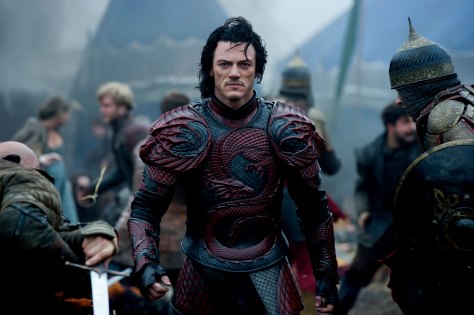by Gabriel Valdez
For a long time, the purpose of a movie critic was to tell you if a movie was good or bad, and to let audiences know if they should spend their time and money on it.
Yet marketing has surpassed the critic and figured out how to gets butts in the seats on opening weekend, while sites like Metacritic and IMDB and Rotten Tomatoes (when it’s not spamming viruses) can tell you in a number what a critic says in hundreds of words.
So what the hell are we here for anymore? We can’t simply be an industry of vestigial navel-gazers, can we?
Here’s my thought – audiences do not care if a movie is good or bad anymore. I’m not sure if they ever did, but especially now, they’re more concerned with having certain types of experiences. We don’t just buy a ticket for a story, we buy a ticket for an emotional reaction. For decades, critics have reviewed the story and its technical delivery. As an industry, we’re still not very good at reviewing the emotional experience.
After all, you can’t just say an emotional experience is good or bad. It will be good or bad in different ways for different viewers – that’s how emotion works. You have to do your best to translate what that experience is like, to be a conduit for what sitting in the theater and looking up at that screen for two hours feels like. Different readers have to feel good and bad in different ways about your review. That means you have to be an open book, and that’s hard.
When I worked as a critic 2006-2009, my biggest concern was whether a film was good or not. Since I came back to doing this just last year, I threw that out the window. Quality of a film is still a core component in my reviews, obviously, but I’ll often get the “it’s good” or “it’s bad” and why out of the way pretty quickly. Why spend extra words on what Metacritic could tell you?
What Metacritic can’t tell you is what the experience of watching that movie is like. That’s the half of our job that movie critics have brushed into the corner for the greater part of our existence.
Let me give you an example: one of the most impactful scenes of the year involves the police shooting a black man wearing a hoodie because he seems threatening…in The Amazing Spider-Man 2. Spider-Man (Andrew Garfield) successfully calms the confused Electro (Jamie Foxx) down. Then those Times Square mega-screens kick on like CNN fumbling all over an ongoing tragedy. They redefine a successfully defused situation into a media popularity contest, which leads to a shootout.
Mainstream criticism focused on how messy the narrative was, and reviewing the film essentially became a pile-on of who could insult it the best. That’s fine, insult away. I have just one question – How is that useful to an audience?
To me, it’s criticism’s equivalent of reality television.
I can tell you The Amazing Spider-Man 2 is messy in one sentence: “It’s messy.” In my own review, I spent a few more sentences than that because different viewers will tolerate different kinds of narrative messiness, and it’s important for them to understand what they’re walking into.
I did not spend a thousand words saying this, however. Fine, it’s messy. What else is the movie trying to do? That’s more important to me because those are the things communicating to audiences week after week, and honestly, that has as much to do with an audience’s experience as simple good or bad does.
Criticism is falling woefully behind the curve by not translating the emotional experience of watching movies, especially at a time when mainstream filmmaking is trading in technical perfection for more aggressive social commentary. Critics are only focused on good or bad, or worse yet, lifestyle reporting, as in how a film effects our interpretation of an actor’s celebrity. Many critics treated Fury as a film about redeeming Shia LaBeouf’s career instead of the inherent ugliness of patriarchy. What good does that do our readers?
Only focusing on good or bad misses half the film. Film review as lifestyle reporting misses the whole film. Each makes you blind to the big sea change in modern filmmaking that’s happening all around us. Many critics like to think that our job is using superior knowledge and superior analytical skills to tell others what to think. That’s ridiculous and insulting, and that mentality automatically means audiences are utilizing something those critics don’t have – superior emotional maturity.
When we decide if a movie’s good or bad, we come from a place of judgment. When we understand something despite that judgment, and look at the world from that movie’s perspective, we empathize. The challenge of modern criticism is to figure out how to judge a film and empathize with it all at once.
Otherwise, we’re just a wordier version of Metacritic teaching readers to be cynical about film. That sells criticism short at a time when it has the opportunity to communicate so much more.






